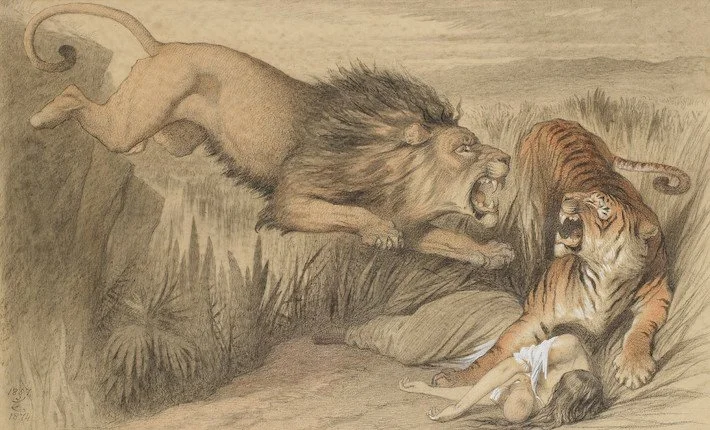It used to be called the Indian Mutiny. The term was invented in the days of the British Raj, and remained in common use until not very long ago. It makes the terrible events of 1857 seem like an altogether internal affair - a mutiny by native troops belonging to a few regiments of the East India Company’s army.
The causes too were reduced to a simple misunderstanding over a rifle cartridge. Hindus had been led to believe that the cartridge, which they must bite open to release the charge, had been treated with beef fat. Or was it that Muslims had been told it was pig fat? All very confusing.
It was about much more than that. That is why many Indian historians have long referred to the conflict as The First Indian War of Independence. Though that may be going too far, it’s clear that this was a conflict with widespread and profound causes.
Under the auspices of the East India Company, the nature of British rule had changed dramatically, from the “quiet trade” of the early days to a violent drive for empire in all but name. Many Indians had noticed!
We will follow the rebellion from its origins to its tragic conclusion, which also saw the end of East India Company rule and the beginning of the Raj.
Please note: Although this is a continuation of our recent Short & Sweet course on the East India Company, you really don’t need to have done that course with us to get the benefit of this one.
RJW F2431 Online (via Zoom)
A 5-hour short course, delivered via 2 x 2½-hour sessions on consecutive Saturdays (Saturday 5 & Saturday 12 October, 10.30-1.00).
£40 (individual registration); £72 (for two people sharing one screen).

